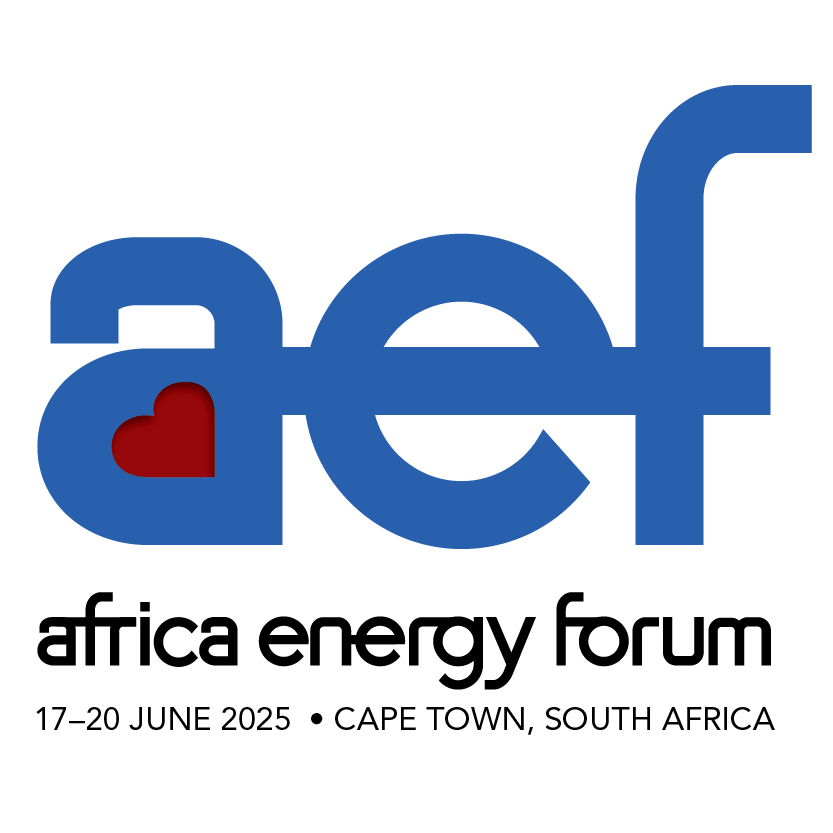Day 2 - 09.00 - Stream 2 - Increasing Pace & Scale of Africa’s Renewable Energy Projects | Financing an African ‘Transition’
One of day two’s streams centred around the topic of ‘Increasing Pace & Scale of Africa’s Renewable Energy Projects’, with attentions initially turned to the challenges associated with financing the African energy transition.
From the outset, it was made clear that opportunity to expand Africa’s energy sector is immense. One speaker highlighted that 640 million people on the continent currently don’t have access to modern electricity, with consumption sitting at just 100 KW/H per capita – one of the lowest anywhere in the world.
It was also highlighted that the continent has the natural resources needed to develop the increase its energy capacity. Not only does it harbour an estimated 1,000 GW of solar potential, but it also is said to have 350 GW of hydropower potential, 130 GW of wind potential, and 15 GW of geothermal potential.
Despite these key demand and supply prospects, it was emphasised that access remains – and is likely to remain – a key challenge. Indeed, by 2030, the 640 million-strong access gaps won’t have narrowed at current rates due to prospective population growth, Africa forecast to grow its populace three times faster than the global average.
In this sense, the challenge was outlined: While there are lots of ambitious renewable energy targets, too many haven’t been actualised to date. The demand and resources are there, but access to energy still isn’t.
Within this context, the panel began to debate how the existing access gap could be bridged, with the concept of a just transition taking centre stage. South Africa was cited as an example – an economy in which there are approximately 125,000 people directly employed by the coal industry.
Several speakers outlined that just transition is not just about renewable expansion, but equally about creating jobs and providing social protection to ensure inclusivity in new areas of economic prosperity. And in a country where fossil fuel industries remain so dominant, making the switch to renewables in a just manner is no simple task. It’s not something that can happen overnight – instead, it will require extensive and methodical planning that’s executed meticulously.
Collaboration with governments to drive legislative reform and deliver confidence in private investment was then highlighted as a key piece of the puzzle. Specifically, the need to consider policy changes to invite and enable scaling up of investment was a key theme throughout, particularly relating to independent power producer (IPP) and public–private partnership (PPP) models on the transmission side.
De-risking was also identified as an imperative. Indeed, one speaker revealed that the project risk factor is roughly 7-10% higher in African than elsewhere, which unfortunately remains a key barrier.
Further, emphasis on the need to move away from a transition underpinned by single, siloed projects and towards programme-focused project development that allow individual African nations to leverage their own unique benefits and pave their own path of transition was discussed. Here, one panellist highlighted concern about multilaterals and their investments into the just transition, stating that “while the spirit is willing, the flesh is weak”.
To address this, it was agreed that commitments from investors of all kinds to go into countries with boots on the ground in order to truly understand individual country needs would be necessary. Every developing nation’s needs are different – some need transmission networks; some need off-grid solutions; some need on-grid solutions.
The panel agreed that the key is to understand these unique needs, and find effective ways to fulfil them. Greater understanding will be derived from data, which enables analytically and practically sound project plans to emerge.
Undoubtedly, financing is a topic in which several pieces of the puzzle remain somewhat unclear. Yet the collective sentiment for action over ambition among the panel provided grounds for optimism.

.jpg)